Current warnings span popular vacation spots like Mexico, Costa Rica, and Thailand, offering insights into potential risks and uncertainties travellers might encounter. The unpredictable behaviour of Mexico’s Popocatépetl, an active volcano just 70km southeast of Mexico City, has raised new concerns. Regular eruptions with dramatic ash plumes and spectacular nocturnal displays are causing sporadic airport closures, throwing travel plans into chaos.
Meanwhile, June’s arrival also ushers in hurricane season for the Atlantic and northeast Pacific regions. The seasonal shift can lead to sudden weather changes and potentially disrupt vacation schedules. Here are some things to keep in mind as you book your next ticket, or prepare to board a plane:

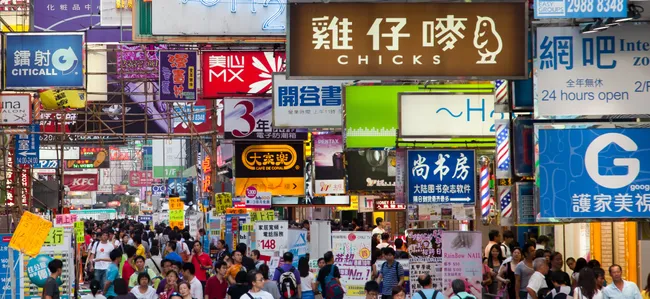
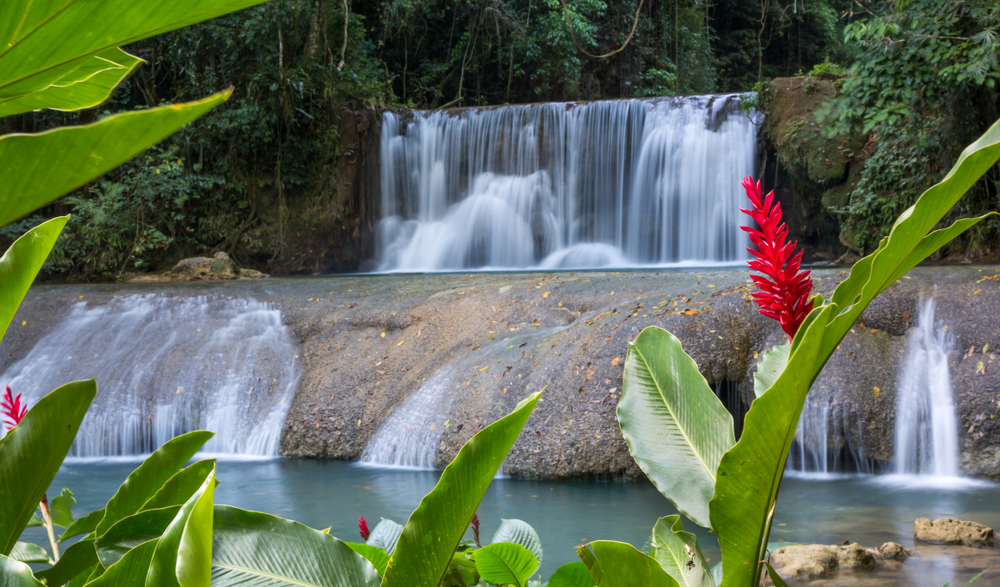
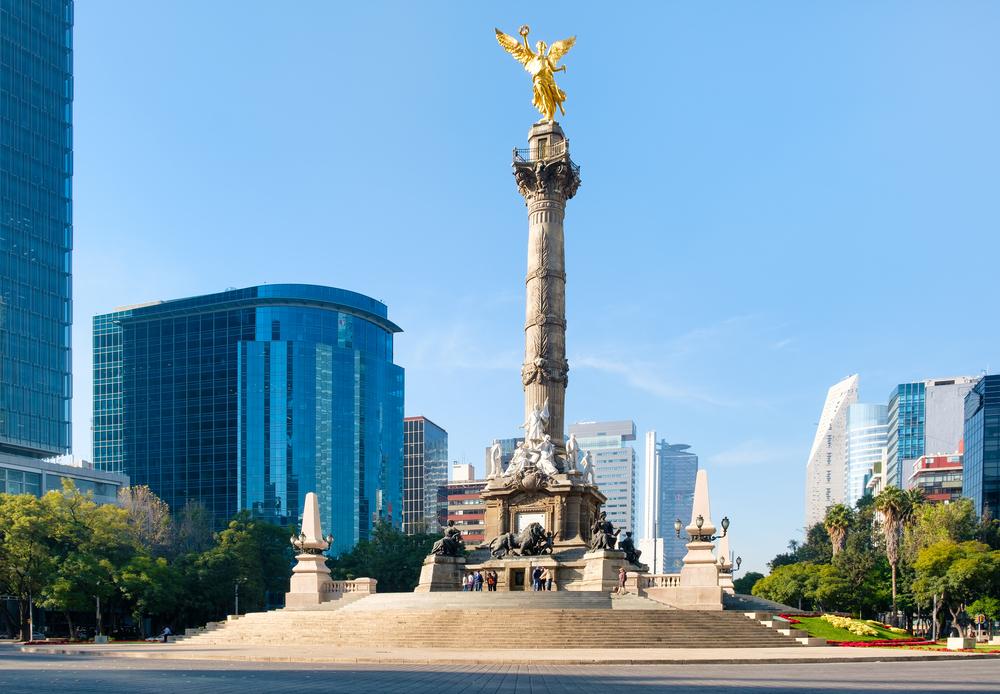
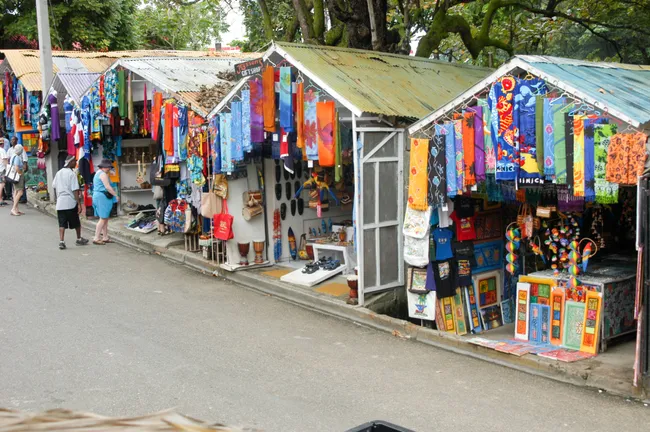
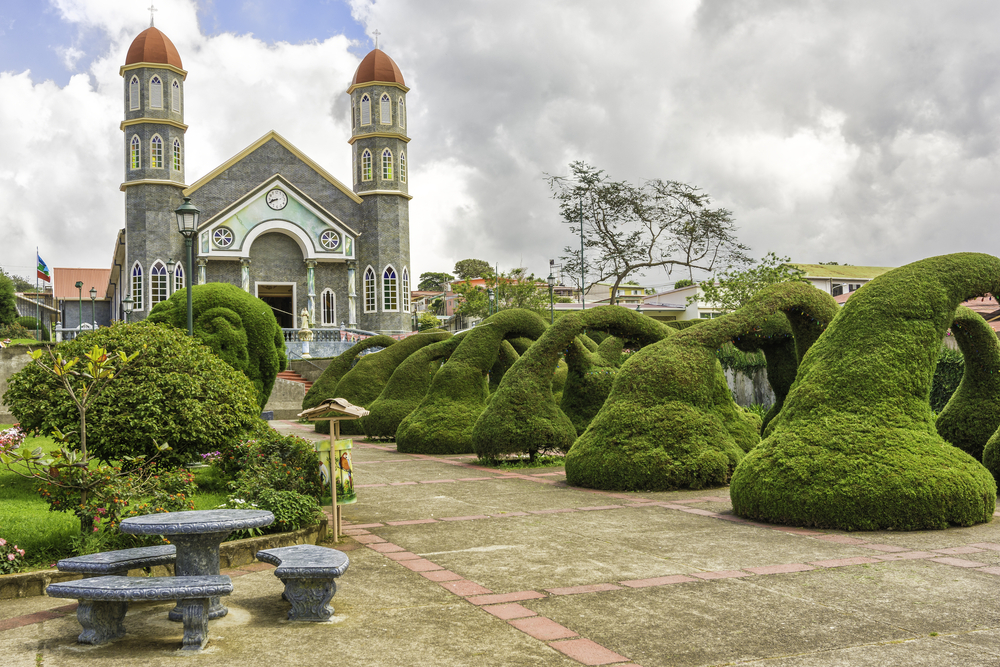
Why: Citing rising violence and organized crime, the Canadian government urges caution in several regions, including Chihuahua, Colima, Coahuila, Durango, and Guerrero. Certain cities, such as Manzanillo, Durango City, Ixtapa/Zihuatanejo, and Taxco, are considered safer. Adding to concerns is the active Popocatépetl volcano, situated southeast of Mexico City. The unpredictable nature of the volcano poses risks of flight disruptions and health issues due to ash fallout and toxic fumes. This is particularly concerning for individuals with respiratory conditions. Those choosing to travel in Mexico are advised to steer clear of isolated areas and avoid walking alone after dark. It’s advisable to choose accommodations with robust security measures in place and monitor local news for updates. Current warnings span popular vacation spots like Mexico, Costa Rica, and Thailand, offering insights into potential risks and uncertainties travellers might encounter. The unpredictable behaviour of Mexico’s Popocatépetl, an active volcano just 70km southeast of Mexico City, has raised new concerns. Regular eruptions with dramatic ash plumes and spectacular nocturnal displays are causing sporadic airport closures, throwing travel plans into chaos. Meanwhile, June’s arrival also ushers in hurricane season for the Atlantic and northeast Pacific regions. The seasonal shift can lead to sudden weather changes and potentially disrupt vacation schedules. Here are some things to keep in mind as you book your next ticket, or prepare to board a plane:
Costa Rica
Risk Level: Exercise a high degree of caution Why: Tourists are advised to always carry their passports and refrain from showing signs of wealth, due to high rates of petty theft. It is best to avoid carrying large amounts of cash, venturing through isolated or deserted areas, and walking alone after sundown. Also, extra caution is warranted when withdrawing cash from ATMs. Thieves often employ teamwork tactics, with one individual diverting the attention of their unsuspecting victims, while their accomplice proceeds to steal belongings. Hotspots for these theft incidents include tourist areas, public transportation hubs, hotel lobbies, and restaurants, particularly those offering patio seating near busy streets. In the capital city of San José, high-risk areas for theft include the Coca-Cola bus terminal area, the inner downtown area, the Mercado central areas, and public parks. Similarly, on the Pacific Coast, areas of concern include Dominical, Jacó, Manuel Antonio National Park, Quepos and Cóbano area. On the Caribbean coast, travellers should be cautious in Cahuita, Puerto Limón and Puerto Viejo.
Jamaica
Why: Major cities and tourist hotspots, including sections of Kingston and Montego Bay, are grappling with an escalating wave of armed robberies, murders and other violent crimes. Increased firearm accessibility has stoked drug- and gang-related activities. Tourists often find themselves at the sharp end of opportunistic crimes like theft and robbery, and in the worst cases, might inadvertently end up in the crossfire of violent disputes. Areas of concern, with high gang presence and rampant violent crime, include Greater Kingston, St. Catherine, Montego Bay, and the South Coast. Visitors choosing to venture into these areas are advised to maintain a high level of personal security awareness at all times. Travelling at night is strongly discouraged, as is walking alone, even during the day. It’s safer to go out in groups, preferably with known acquaintances, and avoid secluded areas and beaches. If you find yourself confronted by robbers, the recommended course of action is to comply, handing over cash and valuables without resistance to avoid violence.
Thailand
Why: Persistent political tensions and sporadic demonstrations, particularly in the capital, Bangkok, mean an increased degree of caution is advised throughout the country. Travel to and through the southern provinces of Narathiwat, Pattani, Songkhla and Yala is strongly discouraged. These areas bear the brunt of violent attacks from separatist insurgents, including shootings, bombings and arson. While the targets typically include military buildings and personnel, public spaces are not immune to attacks. Martial law in these provinces allows the military to prevent public gatherings, censor media, impose curfews, establish checkpoints and exert force when necessary. In the provinces of Mae Hong Son and Tak, which share a border with Myanmar, occasional outbreaks of violence and clashes between government forces and drug traffickers necessitate increased caution. Borders may close abruptly, making it essential to cross at designated points with proper documentation. Travel near the Preah Vihear Temple area and surrounding border region, where Thailand and Cambodia share a disputed border, is also discouraged due to reports of landmines.
Dominican Republic
Risk Level: Exercise a high degree of caution Why: Incidents of pickpocketing, bag-snatching, and other forms of theft are not uncommon, particularly around holidays when crime rates tend to spike. Tourists are often the prime targets. Travellers are cautioned against individuals offering unsolicited help or asking for directions and are urged to be wary of street hustlers, especially in Santo Domingo. A worrying trend of drive-by robberies has also emerged. Thieves on motorcycles, scooters, or bicycles swoop by unsuspecting pedestrians, snatching bags and valuables. They might also target stationary vehicles, including taxis, reaching in to steal belongings when stopped at red lights. Thefts from checked baggage at airports are frequently reported, typically during departures, with money and personal items also stolen from carry-on luggage during security checks. Canadians are advised to avoid carrying bags over their shoulders and to limit the amount of cash on hand. Displaying signs of wealth, including electronic devices like cell phones, tablets, laptops and cameras, is discouraged. Keep car doors locked, windows up and personal belongings out of sight. For those flying, avoid packing valuables in checked luggage and ensure your luggage hasn’t been tampered with before check-in at the airport.
Hong Kong
Risk Level: Exercise a high degree of caution Why: Travellers are urged to tread carefully in Hong Kong due to the risk of arbitrary enforcement of local laws. In particular, the National Security Law for Hong Kong, implemented in 2020, significantly alters the legal landscape for visitors. The terms of the law are sweeping and vague, classifying many activities as potential national security violations. In some instances, violations may include activities not deemed illegal in Canada or that occurred outside of Hong Kong. The broad interpretation adds an element of unpredictability for travellers. Visitors should be acutely aware that detentions on national security grounds are a very real possibility, even during transit through Hong Kong. Detentions could result in transfers to mainland China for prosecution. The repercussions of violating the National Security Law are severe, extending up to life imprisonment.
United Arab Emirates
Risk Level: Exercise a high degree of caution Why: Terrorist groups have openly expressed their intent to target the UAE, keeping the nation perpetually on high alert. Security measures have been bolstered, but a terrorist attack could strike at any time and anywhere — government buildings, schools, places of worship, transportation hubs and public areas bustling with tourists. Special caution is urged during sporting events, religious holidays and public celebrations. The need for heightened awareness extends to conflicts in the broader Middle East and Gulf region, which inject a layer of unpredictability and volatility into the UAE’s security situation. Strikes from armed factions in the region have already impacted urban areas, military installations, oil infrastructures and public facilities. In the event of a missile or drone strike, the advice is clear: seek shelter, avoid doors and windows and follow local authority instructions. If you encounter any debris or fragments, do not approach or touch them. Move away immediately and notify local authorities.


